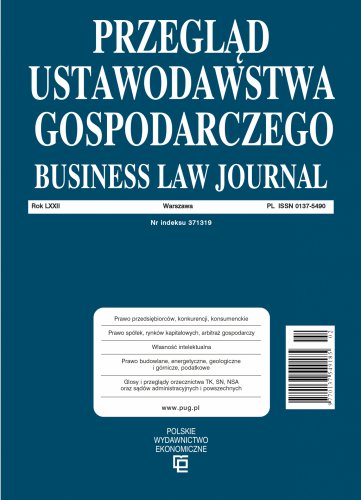The purpose of this study is to analyse selected legal changes concerning support schemes for renewable energy sources, introduced by the Act of 19 July 2019 amending the Act on Renewable Energy Sources and certain other acts, in terms of achieving the EU's energy and climate target, i.e. achieving a 15% share of renewable sources in Poland's gross final energy consumption in 2020. The research methods used by the author were based on formal-dogmatic and comparative methods. Commenting on the introduced legal changes, the author also took into account aspects of economic analysis of the law. The study refers, in particular, to the analysis of the prosumer support system and the auction support system, as currently the leading mechanisms for promoting renewable energy in Poland. According to the author's position, the introduced legal changes should not significantly contribute to an increase in installed capacity of renewable energy sources in 2020, although they will certainly improve the legal situation of energy producers and may increase the attractiveness of the Polish renewable energy sources market. The author also points to the need to harmonize Polish legislation with the EU Directive 2018/2001 on the promotion of the use of energy from renewable sources, which provides for the need to dynamize the development of renewable energy sources in the perspective of the next energy and climate target set for 2030.
Keywords: renewable energy sources; energy; prosumer; RES auctions; renewable energy producers

